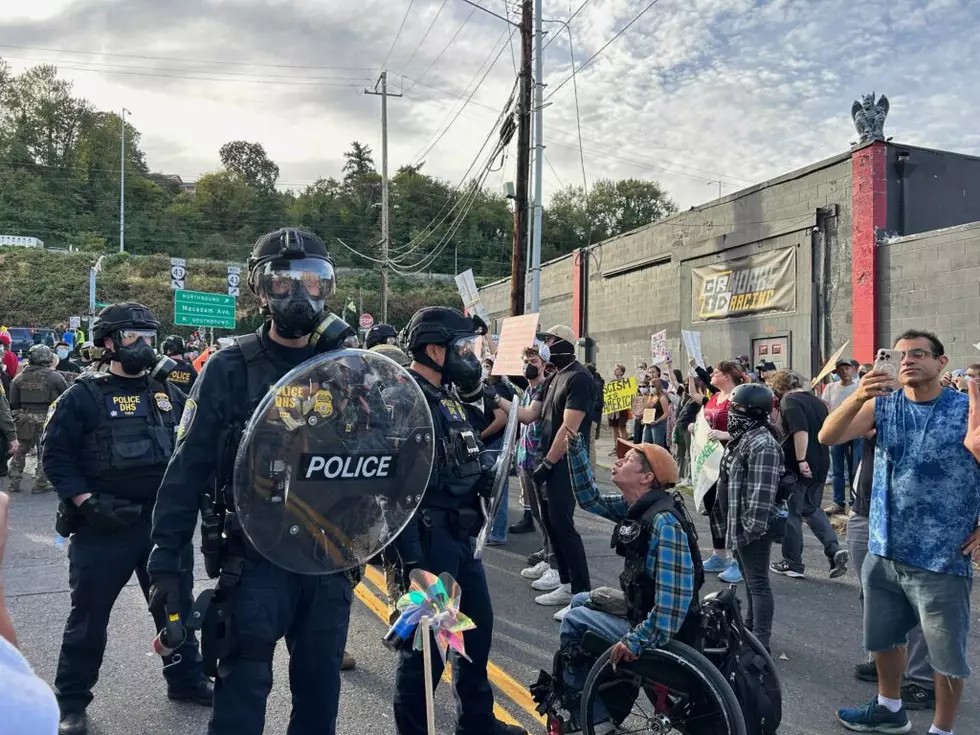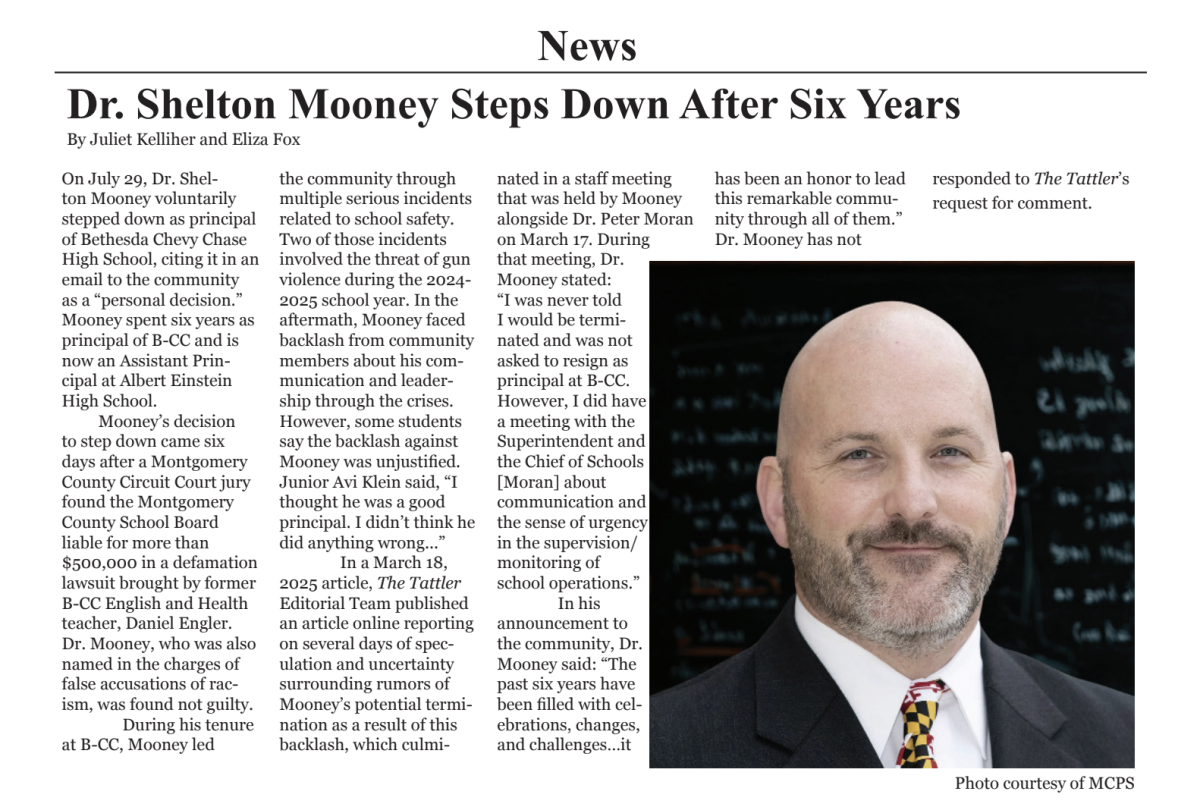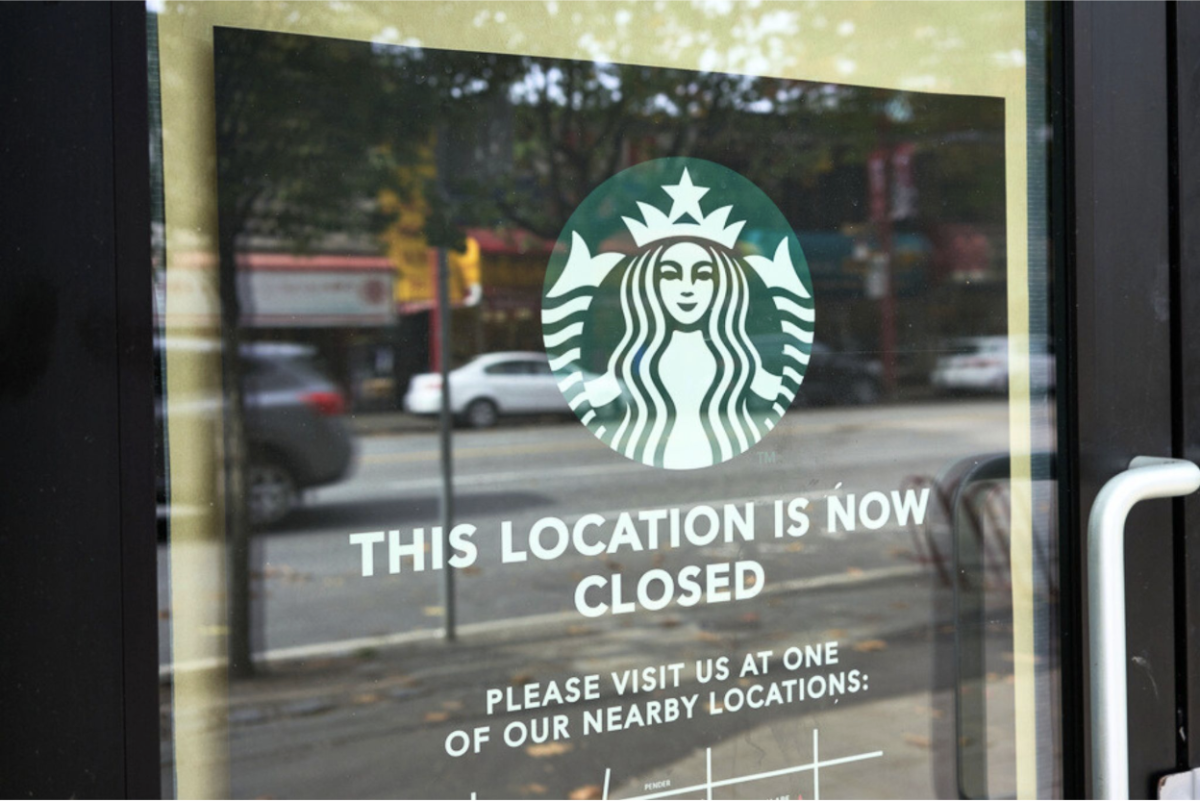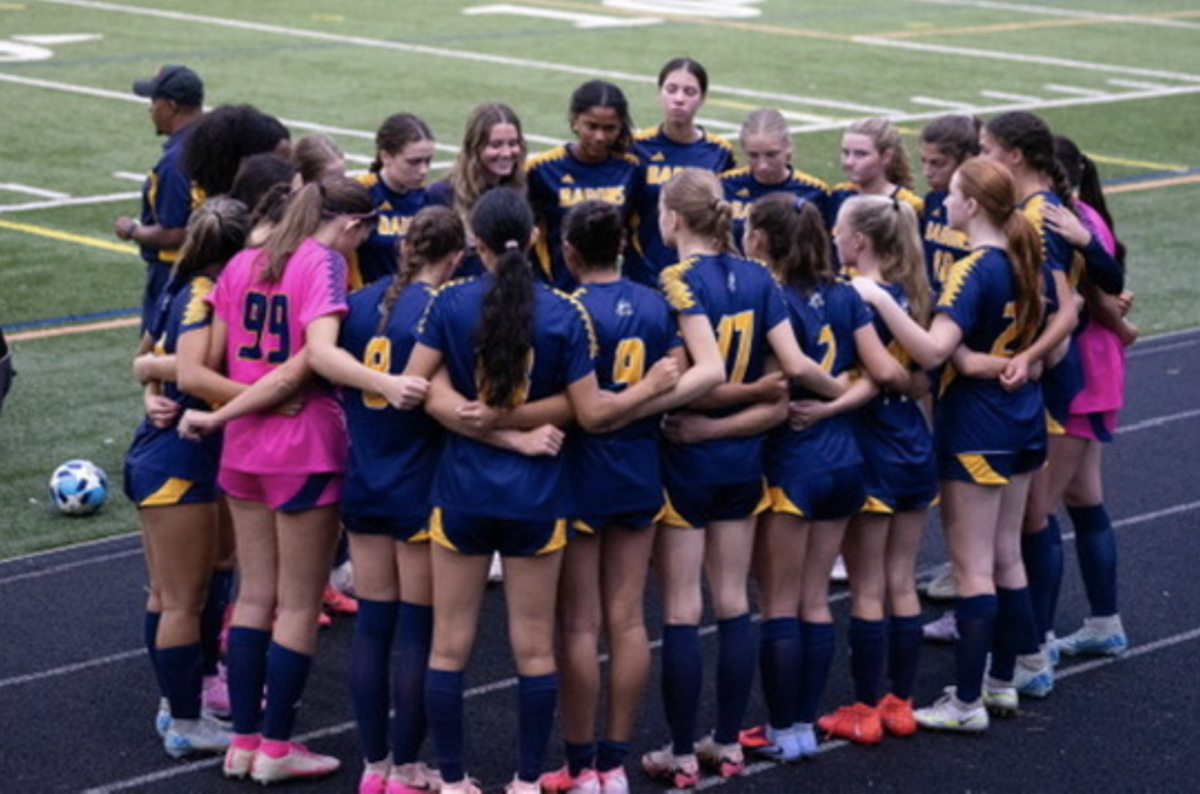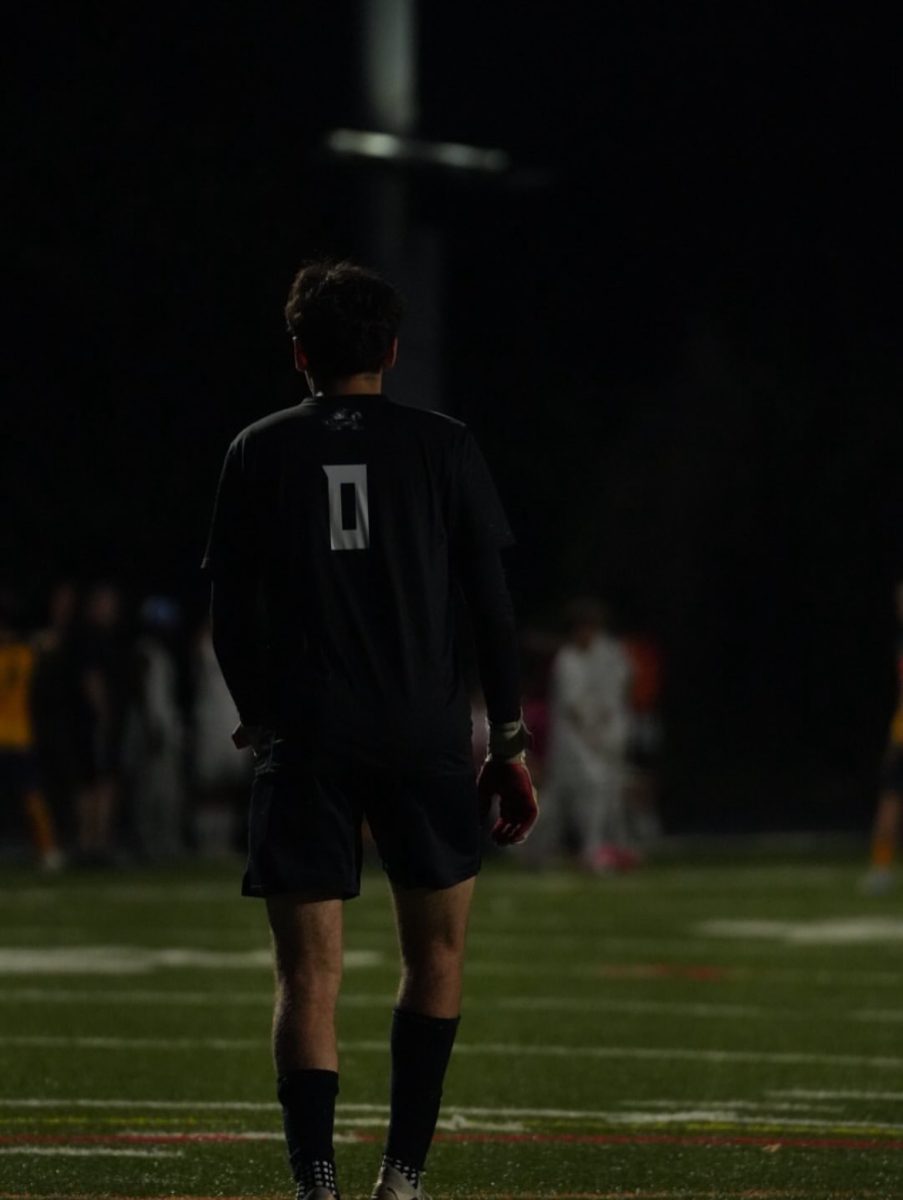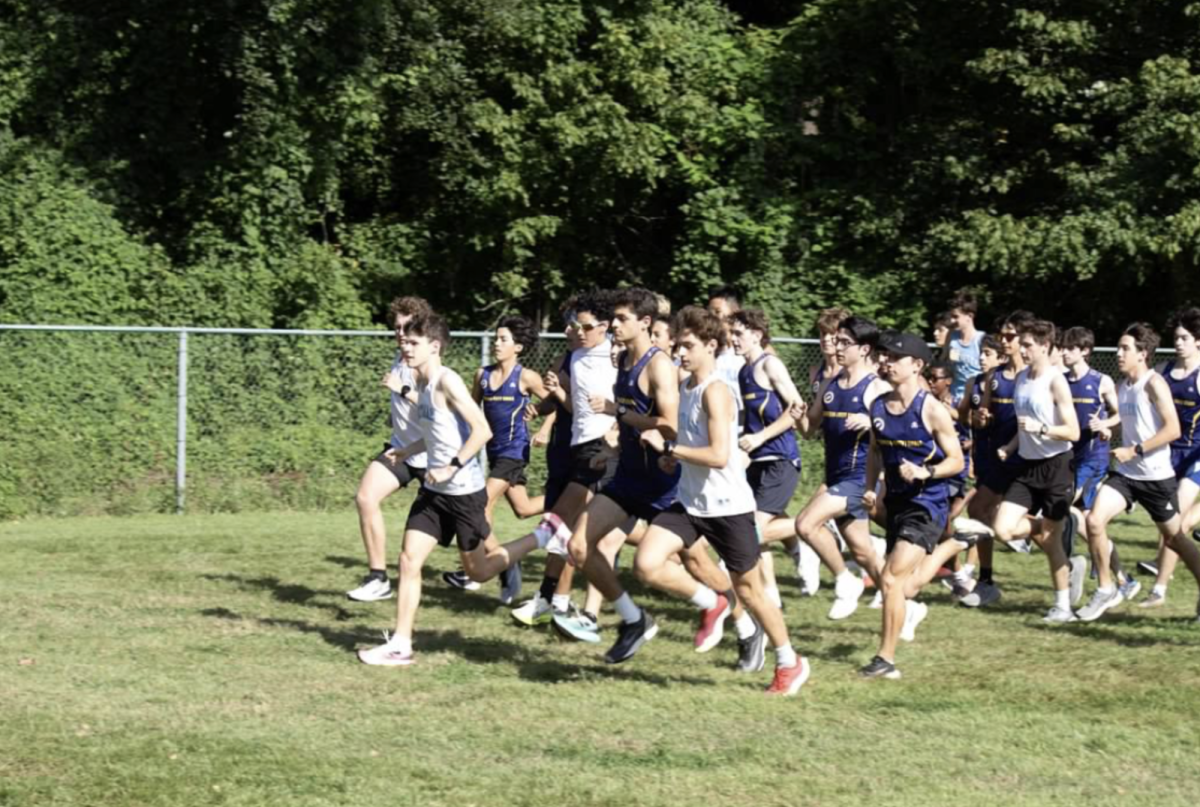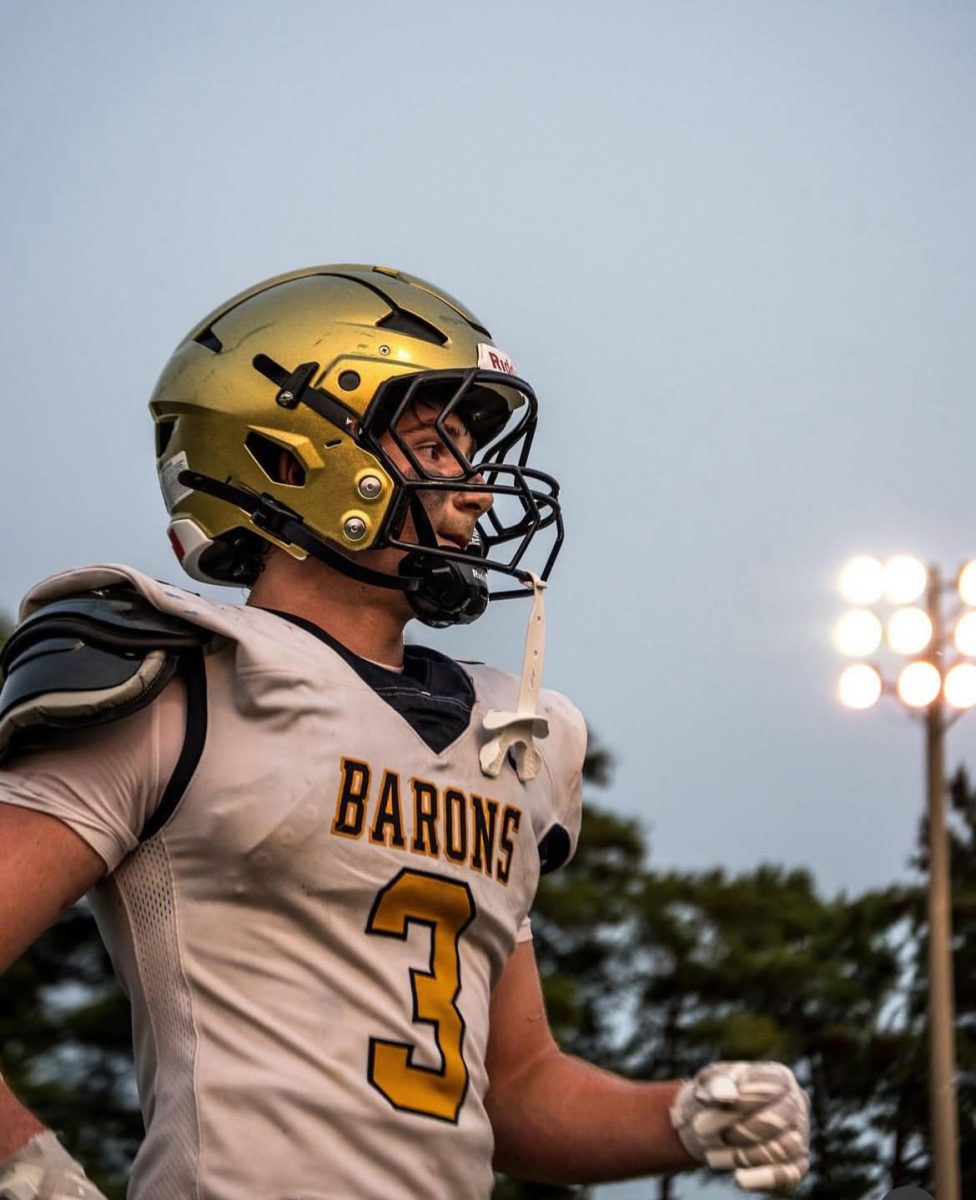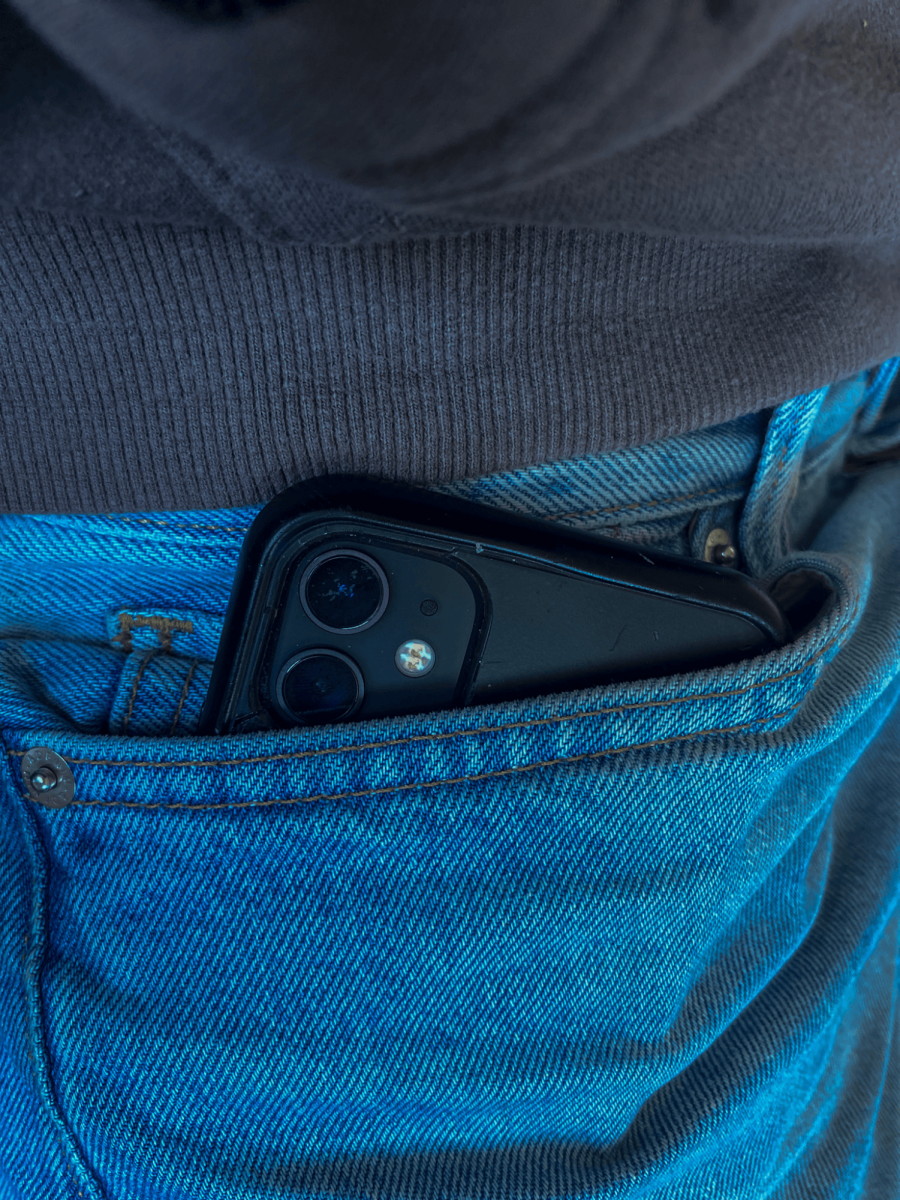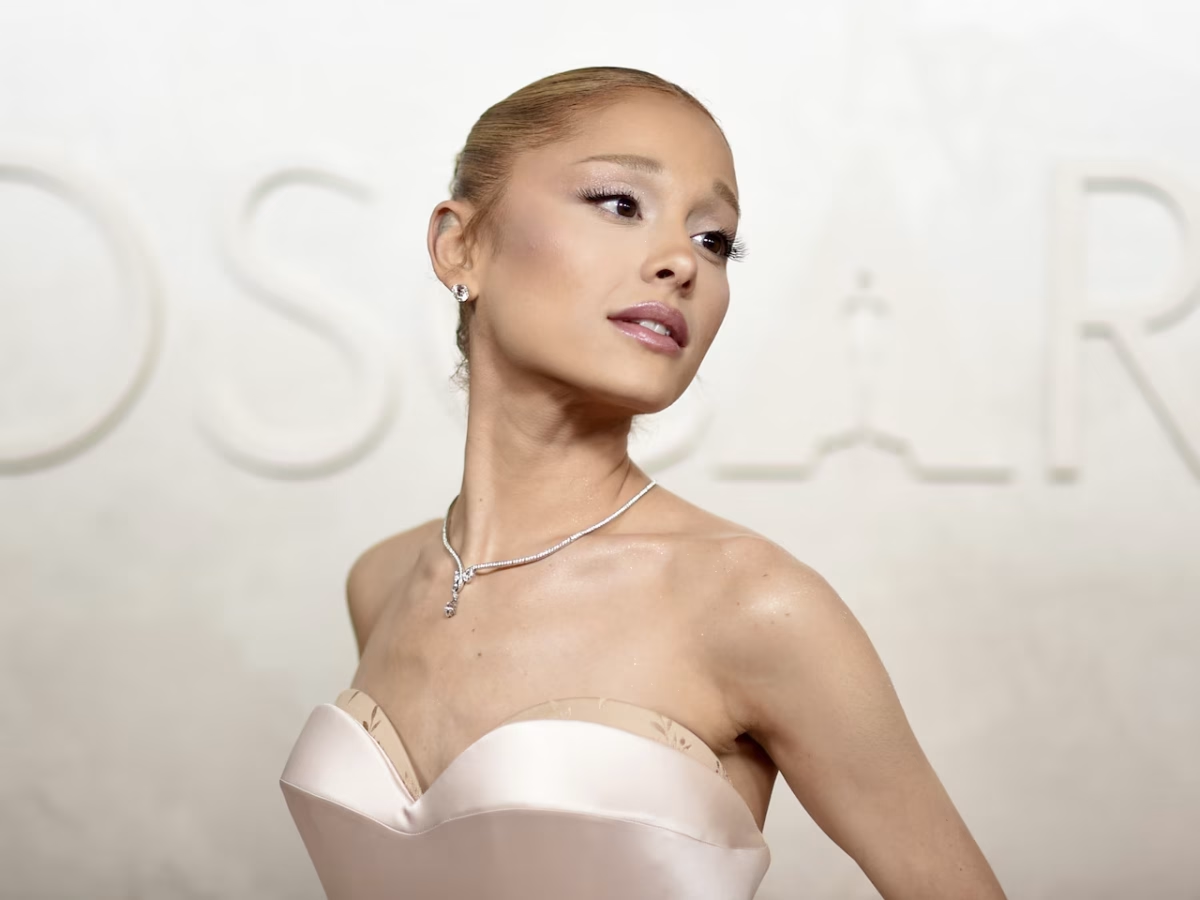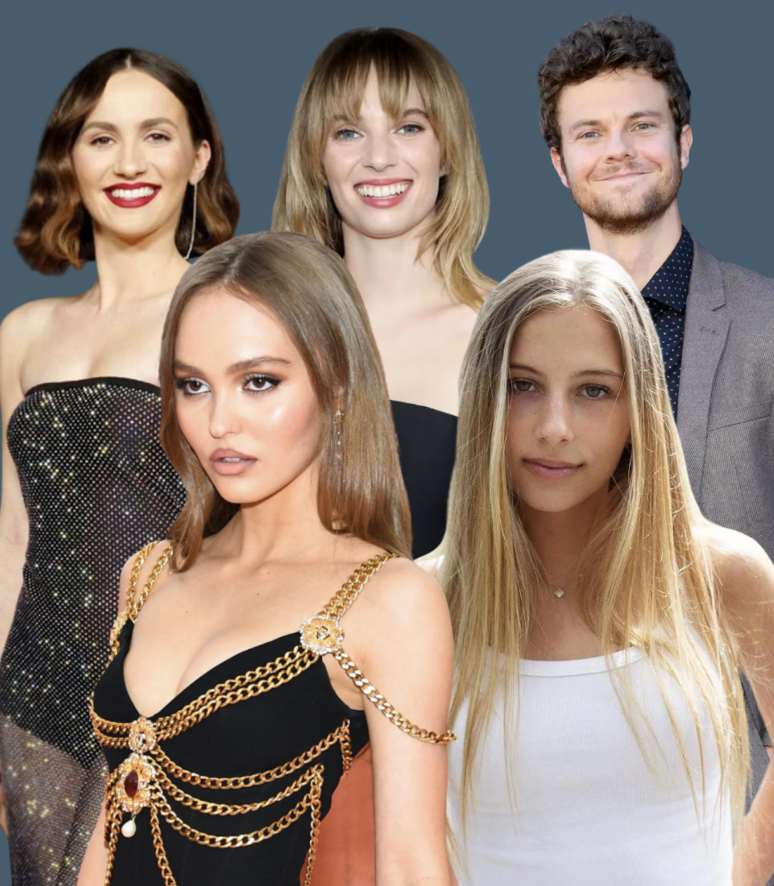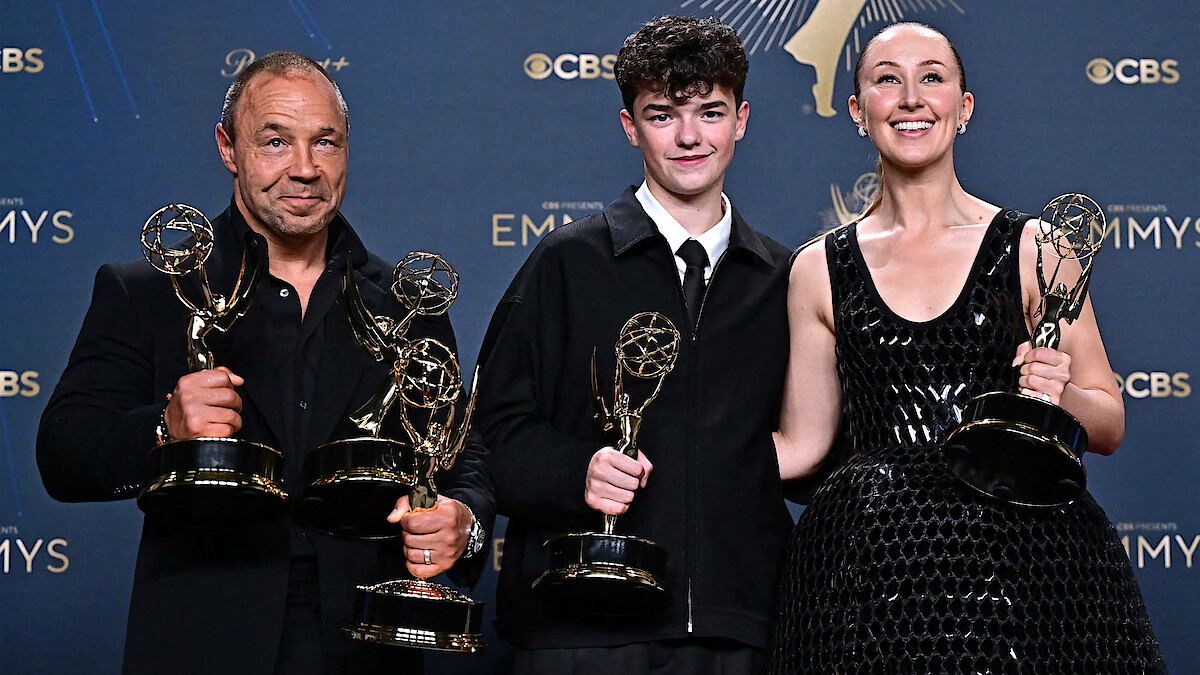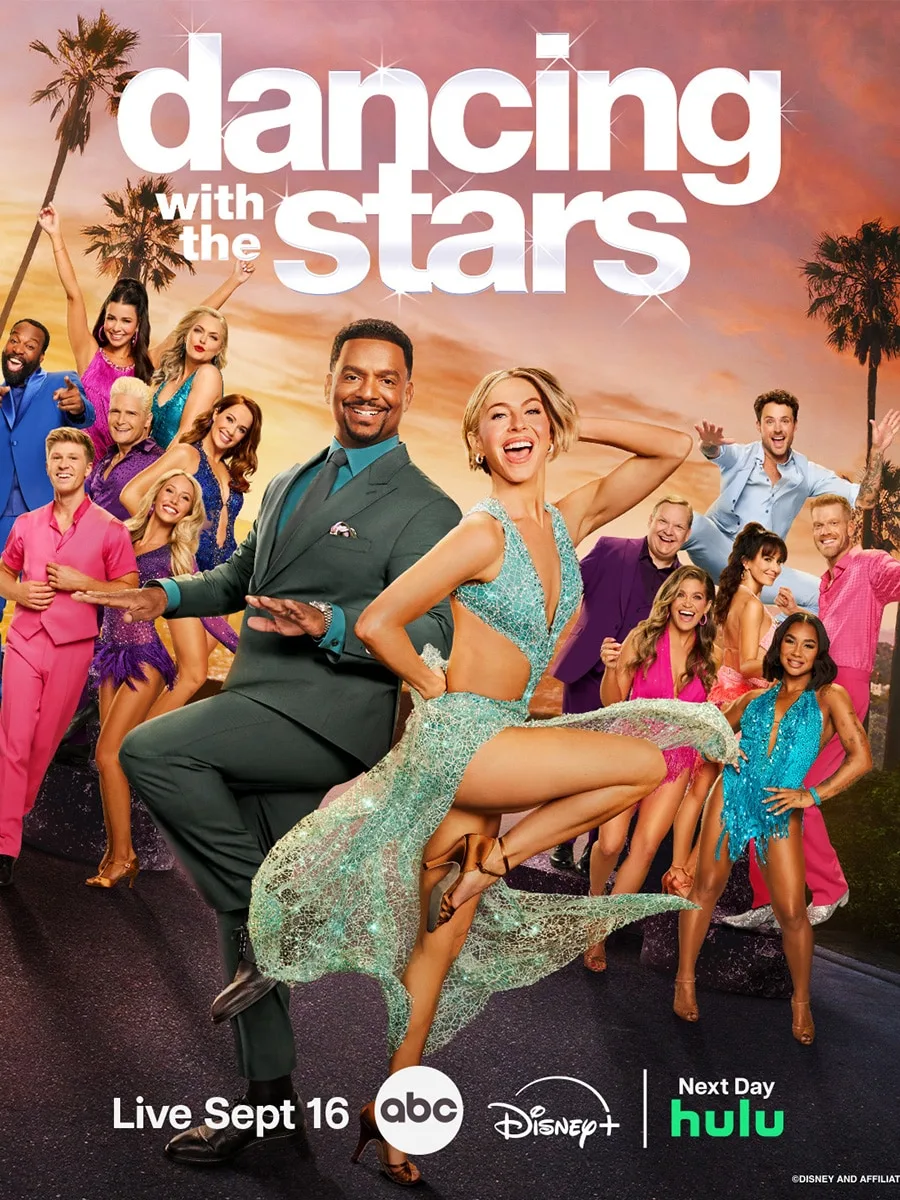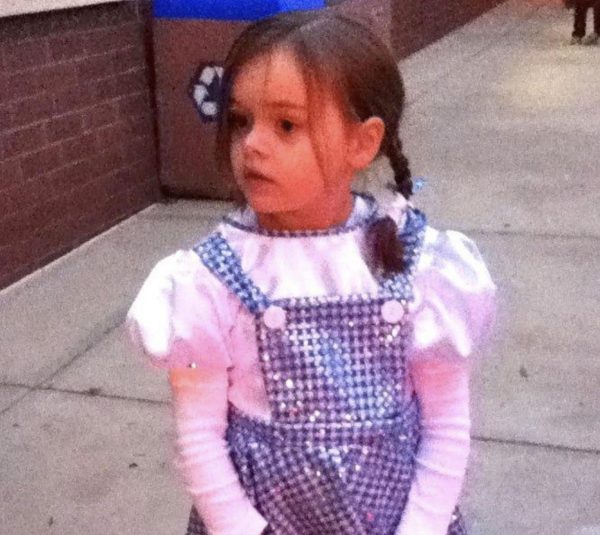In the realm of biographical films, the depiction of iconic figures often varies, shedding light on different facets of their lives. The cinematic renditions of Elvis Presley and Priscilla Presley’s stories, encapsulated in movies titled after their respective names, offer audiences dual perspectives on the legendary couple’s journey.
Elvis came out last year with massive success. Austin Butler’s performance was revered, and he went as far as isolating himself for months on end with nothing but old Elvis tapes and movies to perfect his character. He talked in the accent so much that it stuck for quite a while after the fact, a true testament to his method acting and devotion to the role. Directed with a keen eye towards musical legacy, the Elvis movie takes center stage in portraying the rise of the King of Rock ‘n’ Roll. From the humble beginnings in Tupelo to the grandeur of Graceland, the film beautifully captures Elvis’s electrifying performances and the societal impact of his music. The narrative predominantly follows the highs and lows of his career, offering fans an immersive experience into the world of Elvis, the entertainer.
The cinematography excels in recreating the energy of Elvis’s live shows, providing an authentic glimpse into the charisma that captivated millions. The soundtrack becomes a character of its own, weaving seamlessly through pivotal moments and amplifying the emotional resonance of the narrative. While the film does touch on personal struggles, it maintains a focus on the public persona, creating a riveting musical odyssey.
In stark contrast, Priscilla takes a more intimate approach, unraveling the layers of the woman who stood beside the King. The film provides a poignant exploration of Priscilla Presley’s experiences, offering a deeper understanding of her relationship with Elvis. From the whirlwind romance to the challenges of fame, the movie crafts a narrative that humanizes both Priscilla and the legendary figure she loved. Sofia Coppola, a director that has been known to focus on the classic womanly experience has directed other great works like Marie Antoinette, The Virgin Suicides, Lost in Translation, and The Beguiled. Priscilla is her newest addition, and it follows a similar approach. In Priscilla, every shot is meticulous and intentional from the old fashioned eyelash application, to the black hair dye getting washed down the drain. The setting and pieces used throughout the movie to show different decades makes the absence of dialogue in the film at times more connected. For example, the light was bright and uplifted in settings earlier on in the film, yet it progresses to be darker when at Graceland, and in the later years.
Character development takes precedence here with a nuanced portrayal of Priscilla’s emotions, struggles, and growth. The film navigates the complexities of being in the shadow of a global icon, showcasing the strength and resilience required to maintain a personal identity within the glare of the spotlight. Cailee Spaeny plays Priscilla, who in the beginning of the film is freshly 15 when she meets a 24 year old Elvis, and by the end is 27. Her lines are few, but that shows the experience of a controlled girl left to make few decisions. She portrays Priscilla as naive and trusting for much of the movie until she matures and realizes she does not want to be a life-sized doll anymore, existing solely for Elvis. Jacob Elordi did not choose to commit as much to the character as Austin Butler, even claiming that all he knew about Elvis was from Lilo and Stitch. Nevertheless, his experience playing toxic boyfriends in Euphoria and The Kissing Booth prepared him well for the toxic Elvis character portrayal.
What emerges from the duet of these movies is a complex picture of two different perspectives that offer a comprehensive view of the Elvis and Priscilla story. Elvis brings forth the spectacle and grandeur of his musical journey while Priscilla complements it with an exploration of the personal sacrifices and triumphs that shaped their relationship.While each film excels in its chosen focus, the true magic lies in experiencing them as a tandem cinematic experience. I recommend taking time to watch them one after the other. Whether you are a devoted fan or a casual observer, the dual perspective provides a captivating journey through the intertwined lives of two extraordinary individuals.

